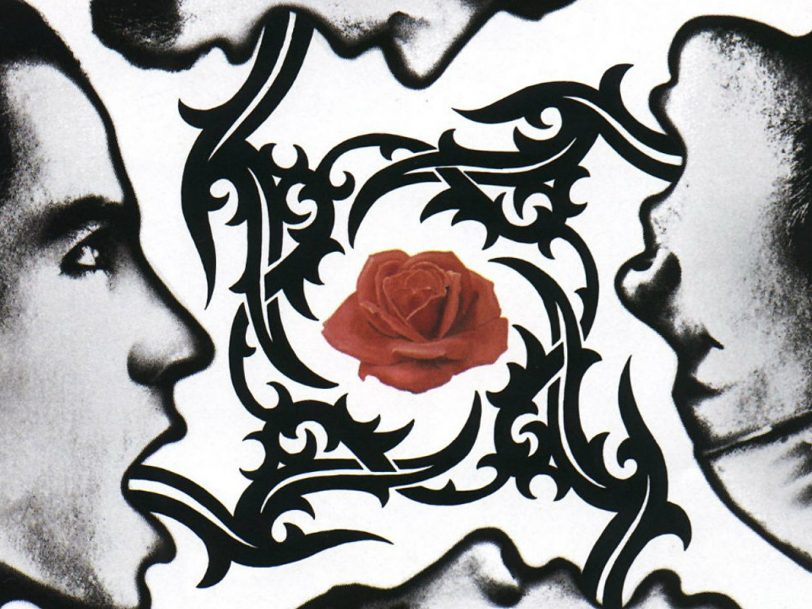Their commercial breakthrough – and arguably their most essential platter – Red Hot Chili Peppers’ fifth album, Blood Sugar Sex Magik, shot to No.3 on the Billboard 200, spawned a series of hits and eventually moved over seven million copies in the US alone.
Listen to ‘Blood Sugar Sex Magik’ here.
“We all knew we were doing our best work yet”
These are the sort of statistics most artists dream of, yet they were especially hard won where the Chili Peppers were concerned. Though highly regarded in and around Los Angeles after forming in 1983, the band’s first three albums – The Red Hot Chili Peppers, Freaky Styley and The Uplift Mofo Party Plan – failed to elevate them above cult status, and they also suffered a major setback when original guitarist, Hillel Slovak, died from a heroin overdose in June 1988.
It’s been well-documented that vocalist Anthony Kiedis was also struggling with narcotics during this period but, after Slovak’s death, he cleaned up and joined bassist Flea alongside two new bandmates: the prodigiously talented teenage guitarist John Frusciante and drummer Chad Smith, who replaced the group’s outgoing Uplift Mofo-era sticksman Jack Irons.
The new line-up’s debut, Mother’s Milk, saw a modest upswing in the Chili Peppers’ fortunes, as it narrowly missed the Top 50 of the Billboard 200 and yielded a minor hit with a cover of Stevie Wonder’s Higher Ground. However, the band were unhappy with their producer, Michael Beinhorn, and even less enamoured of their label, EMI. Hoping to get a new deal, the group had intended to sign with Sony/Epic, but then realised they would be much more at home with Warner Bros.
“The most wonderful recording session we’ve ever had”
The Chili Peppers were especially impressed with Warners’ CEO, Mo Ostin, who had even gone so far as to call Anthony Kiedis to congratulate him on the band’s new deal with Sony. “The coolest, most real person we’d met during all these negotiations had just personally called to encourage me to make a great record for a rival company,” Kiedis recalled in his memoir, Scar Tissue. “That was the kind of guy I’d want to be working for.”
Changing their original plan and signing with Warners instead, the group then settled their producer-related worries when they hired Rick Rubin to helm the sessions for their fifth album, Blood Sugar Sex Magik. An influential and in-demand producer whose credits included Slayer’s Reign In Blood and Beastie Boys’ Licensed To Ill, Rubin favoured a hands-on approach and also enjoyed thinking outside the box. An example of this was his suggestion that the band record their new album in a sprawling, ten-bedroom mansion in LA’s Laurel Canyon once owned by legendary escapologist Harry Houdini.
“It was this big, ghostly abandoned structure that we built a studio in”
“That was probably the most wonderful recording session that we’ve ever had to date,” Anthony Kiedis enthused in an Entertainment Weekly interview in 2011. “The nature of it was so special: living in this ramshackle old 1920s mansion in the Hollywood Hills that hadn’t been lived in for years. It was this big, ghostly abandoned structure that we readily moved into and built a makeshift studio [in].”




